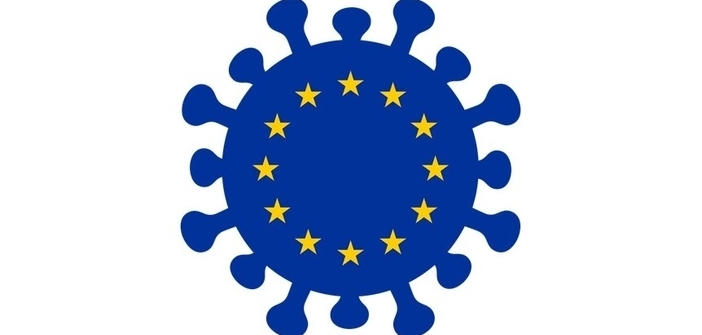Covid-19, Brexit, and international politics have hammered the continent and exacerbated the tensions that have been plaguing the European Union for years. But these issues do not fade away in 2021.
You would struggle to find someone in Europe who would be unhappy to see 2020 go back. In the absence of a pandemic, tense discussions with the United Kingdom, or an American president as anti-European Union as Donald Trump, could Brussels finally find space to address problems that have long undermined the Union?
To some extent, the crises of 2020 have masked a debilitating lack of unity across the EU. Despite all of Brussels’ noble ambitions for greater integration and becoming a global force in its own right, it faces pressures over issues ranging from internal membership adherence to the rule of law to a coordinated strategy for dealing with China.
The rule of law: the most immediate problem to resolve?
After months of painful negotiations, the member states agreed both on a long-term budget and on a Covid recovery plan totaling nearly two billion dollars.
However, two member states spent much of 2020 opposing the release of these funds: Hungary and Poland. The accusations against both countries range from the suppression of government criticism (freedom of speech, freedom of the press) to undermining the judiciary’s independence.
In this particular case, the intransigence in Budapest and Warsaw ultimately resulted in a compromise in Brussels where both parties yielded ground, which could be interpreted as the EU giving way on one of its key principles.


